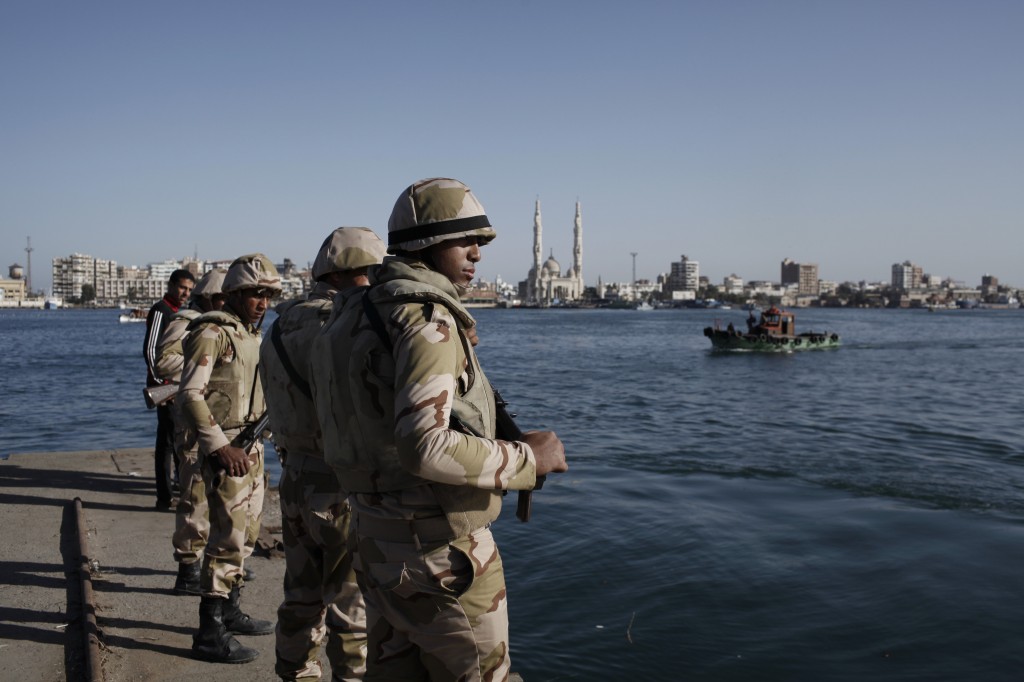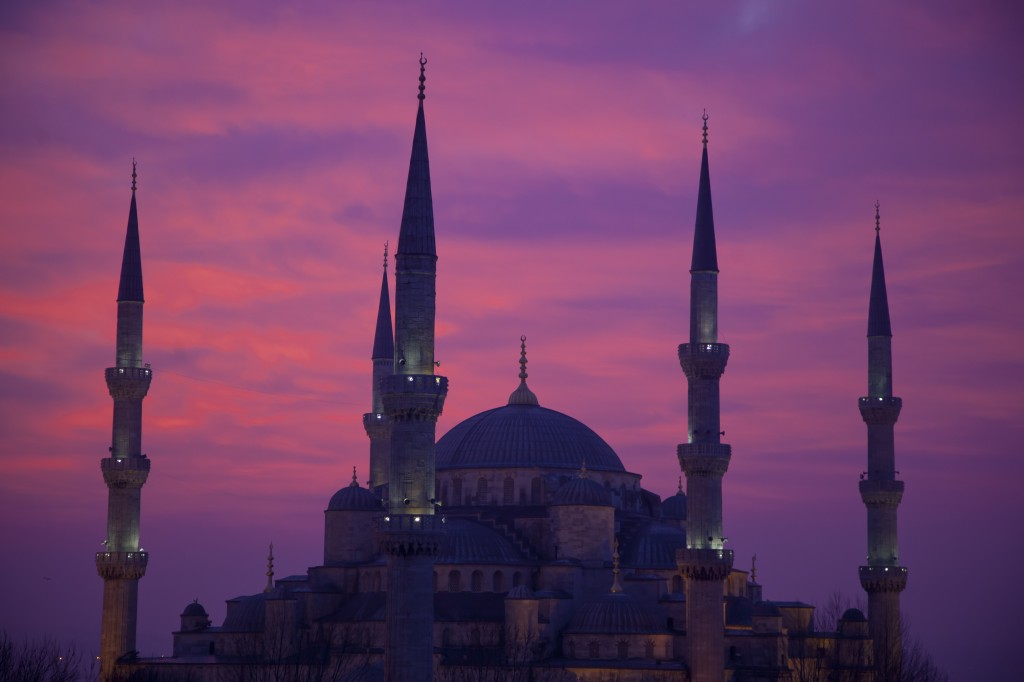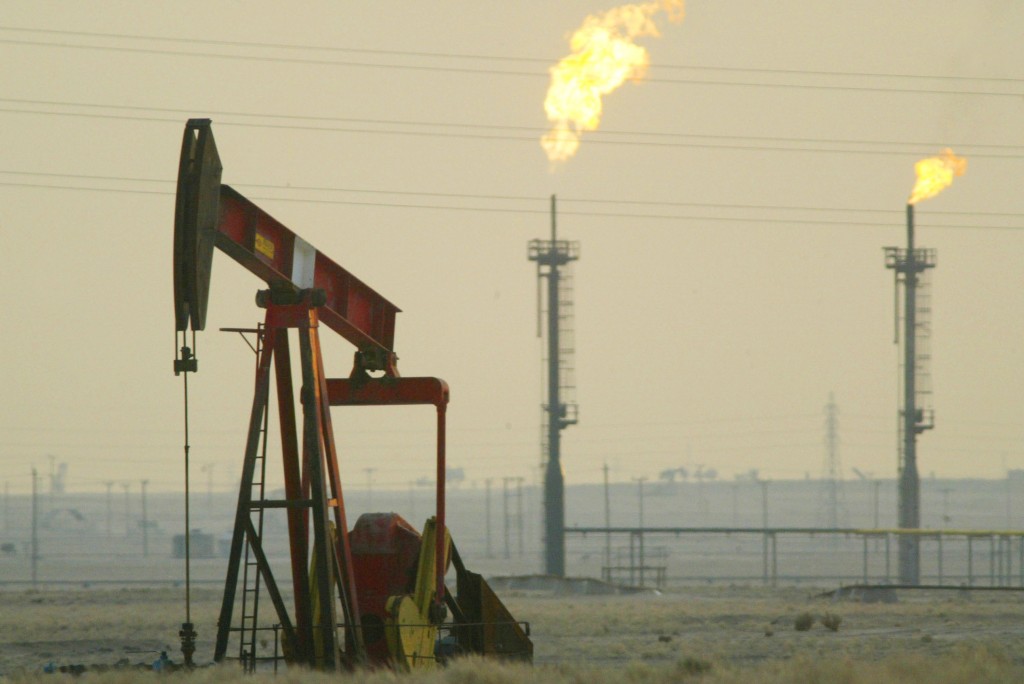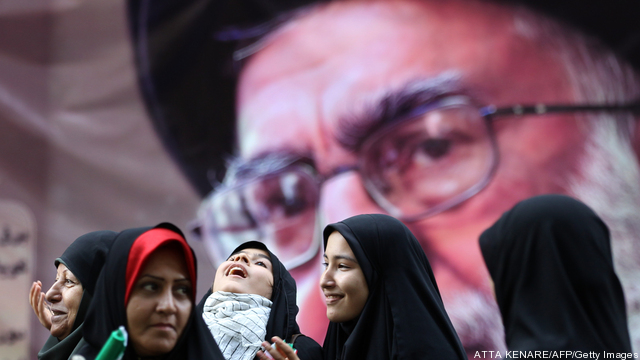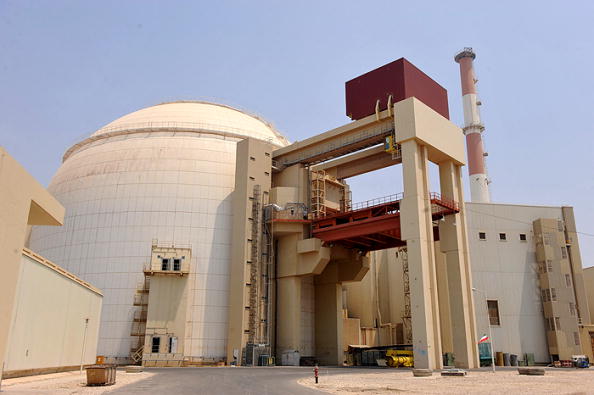Two experts discuss how Washington can balance its sometimes conflicting interests in Egyptian security and human rights. On October 31, Barak Barfi and Michele Dunne addressed a Policy Forum at The Washington Institute. Barfi is a research fellow at the New America Foundation and author of the recent Institute study Egypt’s New Realism: Challenges Under Sisi.… Keep reading →
IMF
Egypt And Washington: Challenges In The Sisi Era
By Barak Barfi & Michele DunneSign up and get Breaking Energy news in your inbox.
We will never sell or share your information without your consent. See our privacy policy.Turkey Sanctions: Navigating A Historic Bilateral Crisis
By Amanda Sloat, Max Hoffman & Steven A. CookThree experts examine the past drivers and near-term consequences of Washington’s rapidly escalating diplomatic conflict with Ankara. On August 16, Amanda Sloat, Max Hoffman, and Steven Cook addressed a Policy Forum at The Washington Institute. Sloat is a Robert Bosch Senior Fellow at the Brookings Institution’s Center on the United States and Europe. Hoffman is… Keep reading →
The strategic Gulf island on the frontline against Iran faces formidable financial and diplomatic challenges, made more complicated by looming parliamentary elections. The smallest Persian Gulf country is in the throes of big economic problems. A growing debt burden means it needs foreign exchange to avoid a currency devaluation. Its wealthy neighbors—Saudi Arabia, Kuwait, and… Keep reading →
Iran’s Vulnerabilities To U.S. Sanctions (Part 1): Finding The Weak Spots
By Patrick ClawsonThe regime’s most vulnerable point is its precarious banking system, whose persistent mismanagement, capital shortfalls, and lack of transparency have already sparked public protests. This PolicyWatch is the first in a two-part series on renewing U.S. sanctions. Read Part 2, which discusses the specific types of old and new sanctions Washington has at its disposal. As… Keep reading →
Iran’s Economy Post-Nuclear Deal: A Misleading IMF Scorecard
By Patrick ClawsonIran’s budget and banking system are being held hostage by unaccountable revolutionary institutions like the IRGC, but for some reason the IMF is not calling Tehran out on the glaring lack of transparency. On February 27, the International Monetary Fund released its annual report about the Iranian economy. The report is important not only for… Keep reading →
Rouhani’s election pledge to improve the economy by resolving the nuclear issue is not working particularly well because of the many domestic policy challenges. Iranian president Hassan Rouhani has been eager to schedule the nuclear deal’s Implementation Day before the February midterm elections in order to demonstrate that the economy is on the mend. But… Keep reading →
Solid economic growth, low inflation, and comfortable international reserves offer a hopeful story line in a war-torn region, but continued chaos in Syria and Iraq will continue to threaten the kingdom’s stability. Jordan featured prominently in the June 20 commemoration of World Refugee Day — and for good reason. According to Jordanian authorities, Syrian refugees… Keep reading →
Energy News Roundup: Buffett’s Dilemma, Canada Commits To Greenhouse Cuts & Nations Subsidizing Pollution
By Conor O'SullivanWarren Buffet came in for criticism after his company, Berkshire’s NV Energy, Nevada’s dominant utility opposed the proposal to increase a cap on the amount net metering for state citizens. “While the billionaire’s famed holding company has reaped tax credits from investing in wind farms and solar arrays, net metering is often seen by utilities… Keep reading →
Enjoy it while it lasts When oil prices went from where ever they were to $100 and above, everybody said oil is expensive. Consumers and oil importers complained when it hit $115 in July 2014. Gradually, however, everyone got used to $100+ oil. In the past couple of months, oil prices have plunged, hitting low… Keep reading →

China’s policymakers are leaning too heavily on investment to boost economic growth, a strategy that could destabilize the world’s second largest economy, according to a paper prepared by International Monetary Fund researchers. The paper, released this week, finds that China needs to lower total investment by about 10% of gross domestic product to correct course. If policymakers do not act, the authors say that “vulnerabilities will continue to build.” China, along with many other developing countries, has long depended on government-funded investment to encourage economic expansion.
